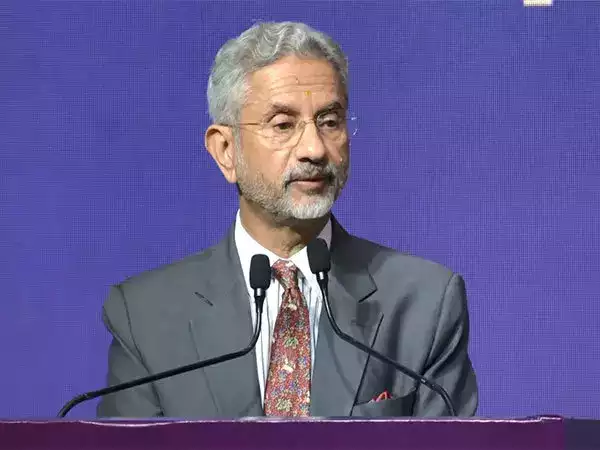New Delhi, India- In a recent address at the Kautilya Economic Conclave closing plenary session, India’s External Affairs Minister S Jaishankar declared that the era of a unipolar world is long gone and that traditional analysis needs to adapt to new realities. He also expressed concerns over international financial institutions’ inability to adequately respond to problems arising from rising debt and market volatility.
Jaishankar highlighted the shifting dynamics of global power, stating, “The unipolar world is distant history. The bipolar world, with the dominance of the US and Soviet Union, is even further away. And I don’t believe that the US and China will become the new bipolar powers. There are too many emerging powers with their own influence and regional dominance for that to happen.”
The Minister emphasized the need for a fresh perspective, urging analysts to move beyond outdated constructs. “To truly understand our world today, we must shed the burdens of the past constructs,” he stated. While acknowledging the increased globalization of our era, Jaishankar noted that regional players now hold significant sway, leaving little room for external or global players to have a substantial impact.
He illustrated this point referring to the Middle East, where activities are primarily driven intrinsic regional factors. The dominance of key regional players in shaping regional situations restricts the influence of external or global players. A similar scenario is unfolding in Africa.
Amidst concerns about climate change, Jaishankar stressed the direct disruptive impact of climate-related factors on the global economy. He stated, “Climate challenges not only threaten our planet’s well-being, but they also have direct consequences on production and supply chains. We must account for the increasing frequency of climate-related events in our calculations.”
The External Affairs Minister also highlighted the worrying trends in the global economy, particularly rising debt and market volatility. He underscored the difficulties faced smaller economies with limited diversification in trade, especially those heavily dependent on tourism or remittances. Furthermore, Jaishankar expressed dissatisfaction with the response of international financial institutions to these challenges, citing limited resources and misplaced priorities as contributing factors.
In concluding his address, Jaishankar called for a reevaluation of traditional analysis and a more nuanced understanding of the complex dynamics shaping our world today. He emphasized the necessity of adapting to the ever-changing global landscape and ensuring that international financial institutions are equipped to effectively address emerging challenges. (ANI)

